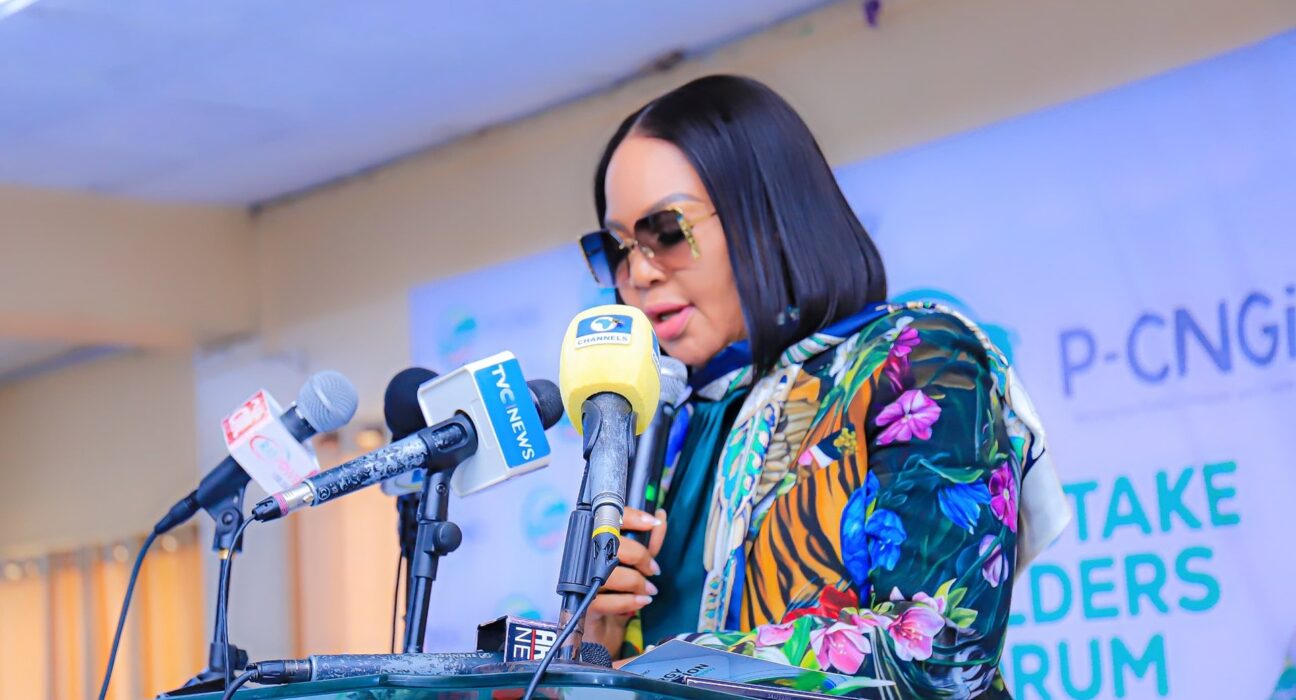Barrister Nkeiruka Onyejeocha, Nigeria’s Minister of State for Labour and Employment, has reaffirmed the country’s commitment to ensuring a fair and inclusive transition to clean energy at the International Energy Agency’s (IEA) Global Commission on People-Centred Clean Energy Transitions. Speaking virtually at the first in-person meeting of the commission, a key event ahead of the 2024 G20 summit in Brazil, Onyejeocha emphasized Nigeria’s efforts to integrate workforce development and social equity into its climate policies.
Onyejeocha’s address, released in a statement by her Special Adviser on Media, Emameh Gabriel, underscored the importance of balancing environmental sustainability with economic empowerment. She highlighted that Nigeria’s clean energy transition is not solely focused on reducing carbon emissions but also on creating new green jobs, particularly in sectors such as solar energy and renewable resources.
Creating Opportunities in Green Energy Sectors
The minister shared Nigeria’s vision for an equitable energy transition, with a focus on green job creation in areas such as solar installation and renewable energy solutions. According to Onyejeocha, the government is committed to equipping the Nigerian workforce with the skills needed to thrive in the emerging green economy. “Our approach prioritizes economic empowerment and social equity,” she said. “We are creating opportunities for our people in green jobs to ensure they fully participate in this new era of clean energy.”
Among the government’s key initiatives is the Presidential Initiative on Compressed Natural Gas (Pi-CNG), which aims to reduce carbon emissions in the transport sector by converting petrol-powered vehicles to Compressed Natural Gas (CNG). The initiative is also expected to create 25,000 green jobs for technicians and auto mechanics, demonstrating Nigeria’s commitment to ensuring that workers are not displaced in the shift to greener technologies.
Onyejeocha further highlighted the Labour Employment and Empowerment Programme (LEEP), which is designed to equip women and youth—two groups often disproportionately affected by economic transitions—with the skills needed to participate in the green economy. The program provides training in solar kiosks and panel installation, greenhouse farming, and recycling, among other areas. “Women and youth are expected to make up 30-40 percent of those trained under LEEP,” the minister noted, underscoring the government’s focus on inclusive economic empowerment.
Another notable initiative Onyejeocha mentioned was the Upskilling Automotive Technicians Program, aimed at retraining existing technicians and mechanics to retrofit vehicles for CNG conversion. This program ensures that workers in traditional energy sectors are not left behind in the country’s transition to cleaner technologies. “Our workers—many of whom have relied on traditional energy sectors—are being trained for emerging opportunities in the green economy,” she added.
Onyejeocha concluded by reiterating that Nigeria’s clean energy transition is guided by the principle of fairness, ensuring that the workforce is protected and empowered throughout the process. She called on global leaders to adopt similar people-centered approaches that prioritize workforce development alongside climate action. “Nigeria’s model serves as a blueprint for global leaders,” she said. “It is imperative that we ensure this transition leaves no one behind.”
As Nigeria continues its efforts to balance climate action with economic empowerment, Onyejeocha’s remarks at the IEA’s Global Commission highlight the country’s commitment to integrating fairness and social equity into its clean energy policies, offering a model for other nations facing similar challenges.






